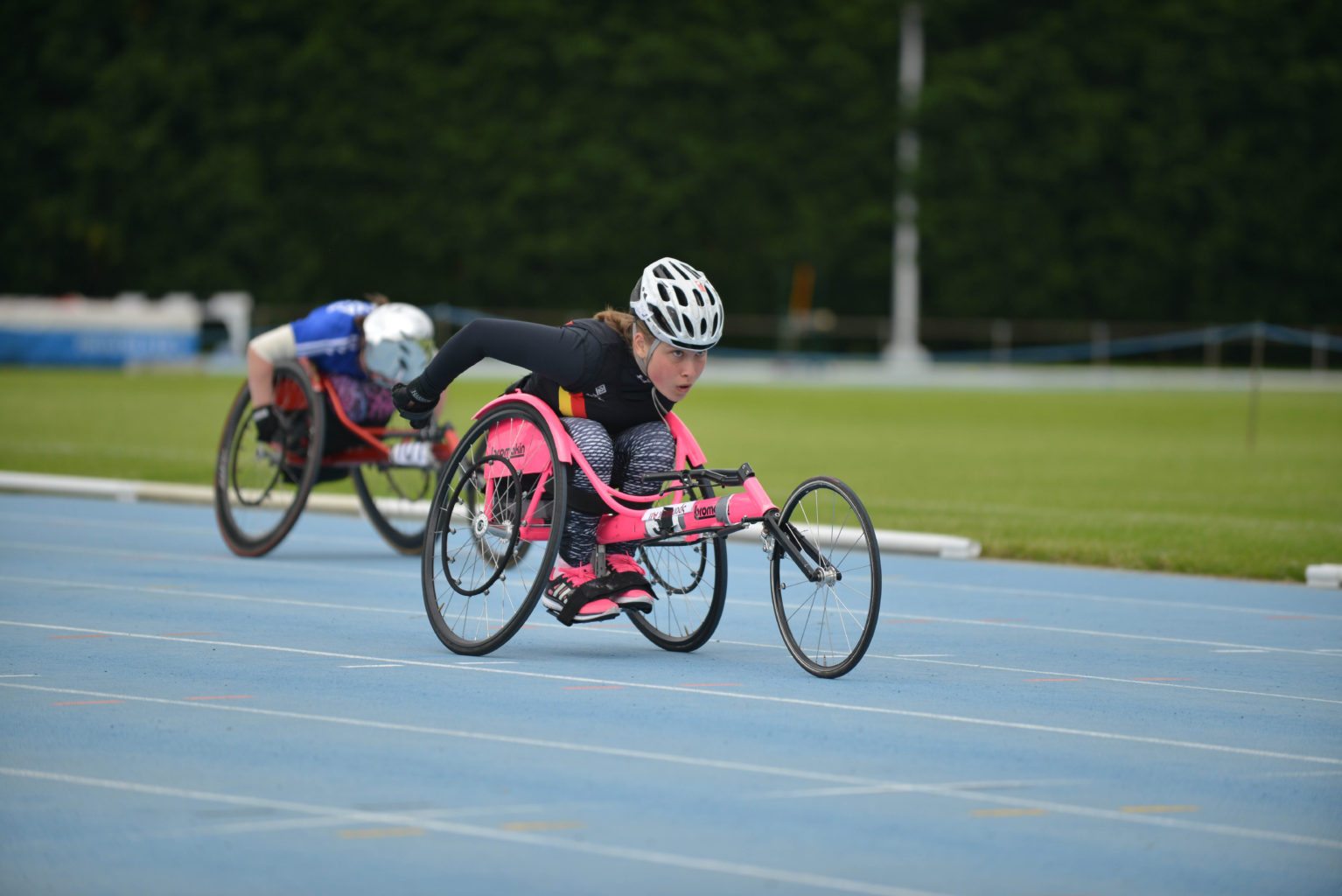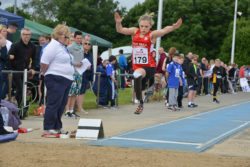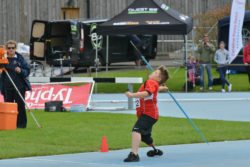National athletics championships highlights the power of sport
The Typhoo National Junior Athletics Championships returned to Warwick University’s athletics track on 2 and 3 July. Hundreds of competitors and coaches brought the sun and an array of talent to campus, all fuelled by free tea provided by the sponsor.
The championships were organised by the English Federation of Disability Sport (EFDS) and were the culmination of nationwide regional qualifiers. With Rio 2016 just around the corner, this event served as a fitting precursor to a fascinating summer of sport ahead: many previous participants, including Hannah Cockroft and Aled Davies, are now fully-fledged Paralympians. This isn’t to say that searching for sporting superstars is all this event is about – participation, equality and inclusion are just as important. Young people aged between 11 and 20 with a variety of impairments are given the opportunity to compete against their peers and fulfil their sporting potential, while being cheered on by spectators. Not all disabled people get to enjoy such an experience.
The participants are given a chance to express themselves through the events they love.
The participants’ impairments vary greatly, from the more visual, such as amputees and wheelchair users, to sensory issues such as visual impairment and deafness, as well as a variety of learning impairments. All are given a chance to express themselves through the events they love, from the 100 meter sprint and 1500 meters on the track to the javelin and shot put in the field.
Saturday ran smoothly despite the changeable weather of light rain, cloud and sunshine. The discus got the day underway at 10am, while the 800 metres ran alongside. Track events such as the 60, 100 and 400 metres took place, as did the javelin, shot put, pole vault and high jump in the field. By the end of the day, the North East had pulled ahead of its competitors and were well-placed to retain their crown for the third consecutive year.
Sunday brought mostly sunny conditions, requiring competitors and spectators to have sun cream at the ready. The day began with the Manual Wheelchair Slalom on track and Long Jump in the field. The whole event had the feeling of a family affair, but there was still the scent of healthy, yet serious, competition. This made for a heady mix: a congenial atmosphere with the unmistakeable hint of rivalry in the air.
Sunday drew to a close with the announcement of several awards. Winners posed for a photo, trophy in hand, with wheelchair athlete, European record holder and likely Paralympian Ben Rowlings. Rebecca Morton from the North East won the coveted Endeavour Award. Liam Simons from the South West picked up the Outstanding Performance from a Boy Award and Olivia Gallagher from the South East won the Outstanding Performance from a Girl Award. I managed to grab Olivia for a chat while she was enjoying an ice cream shortly after her win. Despite her shock, she was pleased that her “constant training has completely paid off and was well worth the effort. It was brilliant being cheered on so loudly by friends and family, in particular my Mother and Grandfather”.
The final award went to the winning region, which the North East claimed for the third year running. After starting the weekend strongly on the Saturday, they had consolidated their position on the second day. I spoke with Joshua Nunn from the region, who had three golds and a silver medal hanging from his neck. Josh explained how he “trained throughout the week – sometimes it was hard, but it was completely worth it to get to this stage”.
There are a lot of things sport can give you that you might not get in everyday life.
Finally, I had the opportunity to chat with Jimmy Smallwood from the event organisers EFDS. He told me: “the championships were not necessarily about producing elite athletes, rather getting young disabled people involved and active. There are a lot of things sport can give you that you might not get in everyday life: the opportunity to interact with people similar to you, being cheered on by spectators and receiving positive attention and applause from those around you. These are things that may not be easily attainable for disabled people in wider society. And that’s the power of sport I think. Whilst it is fundamentally about young people playing sport, sometimes out of this event comes a Paralympian.”
The power of sport indeed.



Comments